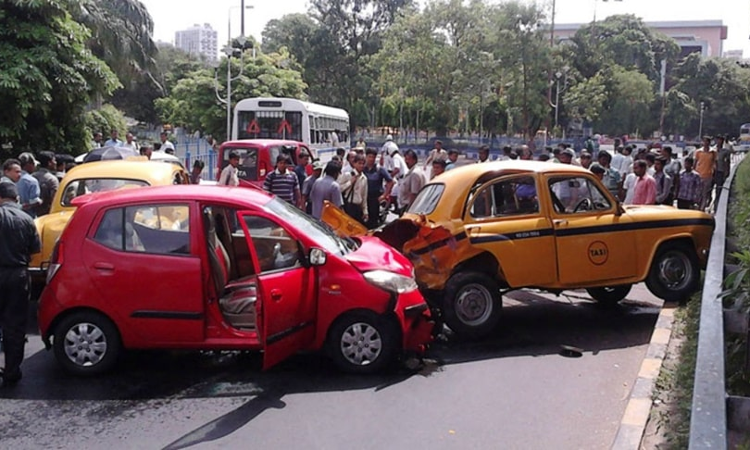MV Act | Mere Assertion By Witness That Vehicle Was Being Driven Rashly Not Conclusive, Must Emerge From Evidence: Jharkhand High Court
Shrutika Pandey
18 April 2022 6:00 PM IST

The onus of proof is lighter and based on preponderance of probability.
Next Story


